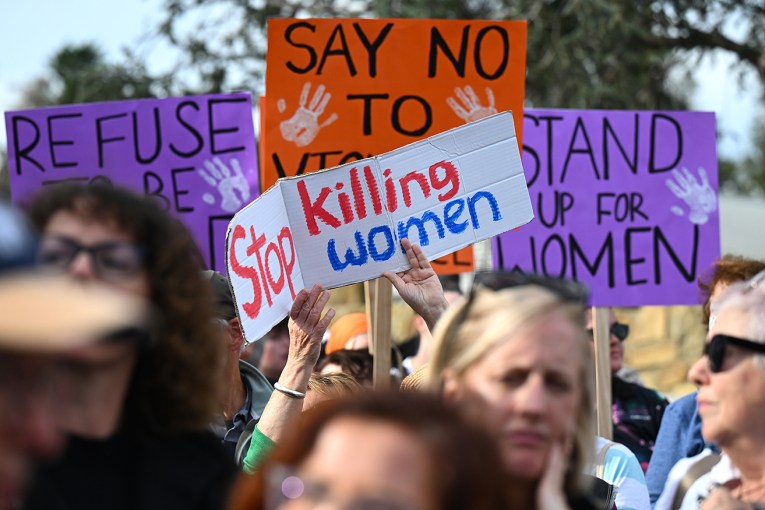A political ‘civil war’ is imminent in the Liberal Party


Photo: AAP
We’re barely into the New Year and parliament hasn’t even started, but this past week was dominated by the prospect of political careers coming to an end.
Clive Palmer is among the MPs whose time may be drawing to an ignominious close. The mining magnate’s Queensland Nickel went into administration this week, two weeks after sacking more than 200 staff and just days after it emerged the company had donated nearly $6 million to Mr Palmer’s eponymous party during 2014-15.
• Lettuce rejoice: Shorten finds new cause for hope
• ‘Not good’ for Tony Abbott to stay in politics
• Why Bernie Sanders could be USA’s Clive Palmer
• The best 2016 election date the PM could choose
If the company cannot trade out of voluntary administration, and Mr Palmer’s financial difficulties lead to him being declared bankrupt, the MP will be disqualified from holding elected office.
Meanwhile, the preselections of a number of conservative federal MPs are under threat from their moderate colleagues in the NSW Liberal Party.
Long-serving parliamentarians from the state – Bronwyn Bishop, Philip Ruddock and Bill Heffernan – are all being pressured to make way for younger and more progressive candidates. Moves are reportedly also being made by the Liberal left on one of the right’s hopes for the future, Angus Taylor, and one of the conservatives appointed to the Turnbull ministry, Senator Concetta Fierravanti-Wells.
Prime Minister Malcolm Turnbull could do without such internal party shenanigans, seemingly brought on by NSW Liberal moderates emboldened by his ascension to the top job.
Mr Turnbull has reportedly requested that sitting MPs not be challenged, but that has done little to quash threats from the Liberals’ conservatives that the moderates’ ambitions for more seats could lead to “civil war” within the party.
Phew!

Mr Sinodinos had been “cleared” of “corruption”. Photo: AAP
One NSW Liberal Senator who’d be breathing a little easier this week is the Cabinet Secretary Arthur Sinodinos.
After being called to give evidence to the NSW Independent Commission Against Corruption, Senator Sinodinos stood aside from his role as Tony Abbott’s Assistant Treasurer but was returned to the ministry when Malcolm Turnbull became Liberal leader.
A media report suggested this week the Senator had been “cleared” of “corruption” by ICAC.
However this is yet to be confirmed as the Commission’s report is not due to be publically released until March.
What’s sauce for the goose…
Decidedly more anxious about a Commission report are unions such as the CFMEU that suspect they’ve been named in one of the confidential reports produced by the Royal Commission into union corruption and governance.
The Government is considering giving crucial crossbench senators Glenn Lazarus and Jacqui Lambie access to the private reports – which reportedly contain details that would potentially put witnesses in danger if made public – in the hope of securing their support for legislation the Government says will help clean up unions.
Meantime, the two parties most closely aligned to the CFMEU – Labor and the Greens – are claiming they should also be given access to the private reports.
Oh, THAT women problem

Mark Latham made “appalling comments”. Photo: Nine Network
Perhaps the best piece of political news this week was that NSW Labor had moved swiftly to counter perceptions of sexism and bias against women arising from the Clements imbroglio by announcing proposed reforms to the state party’s structure.
Kaila Murnain, Jamie Clements’ successor as NSW Labor’s general secretary and the first woman in the role, announced she would propose a change to the party’s rules at its state conference next month that would require women to hold 50 per cent of key party positions by 2027.
While on the one hand it’s difficult to comprehend how a modern political party could give itself over ten years to achieve such an objective.
Yesterday’s appalling comments by ex-Labor leader and former NSW MP Mark Latham may indicate the extent to which a cultural change needs to occur within the party before women are truly considered equals.









